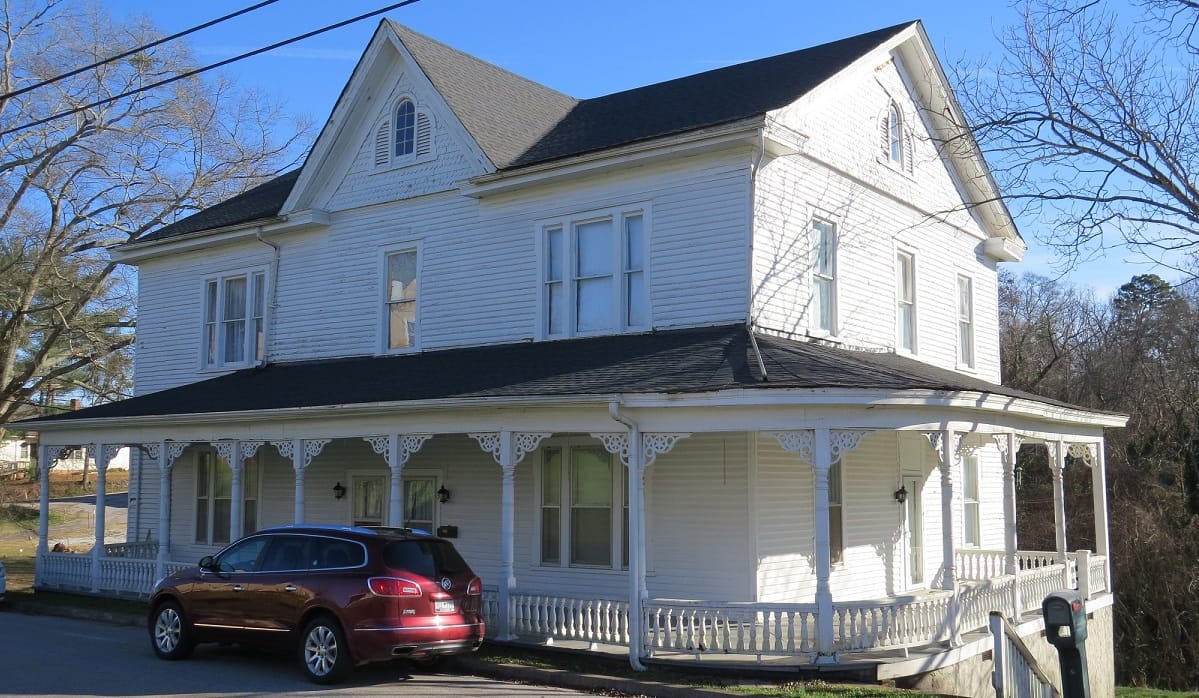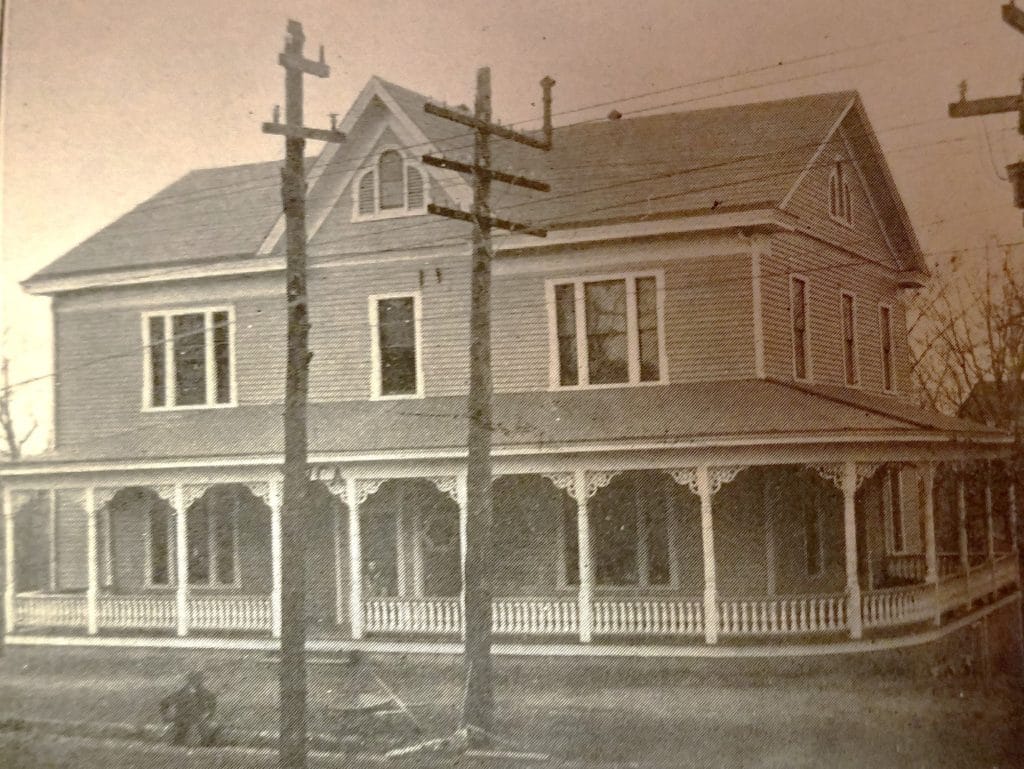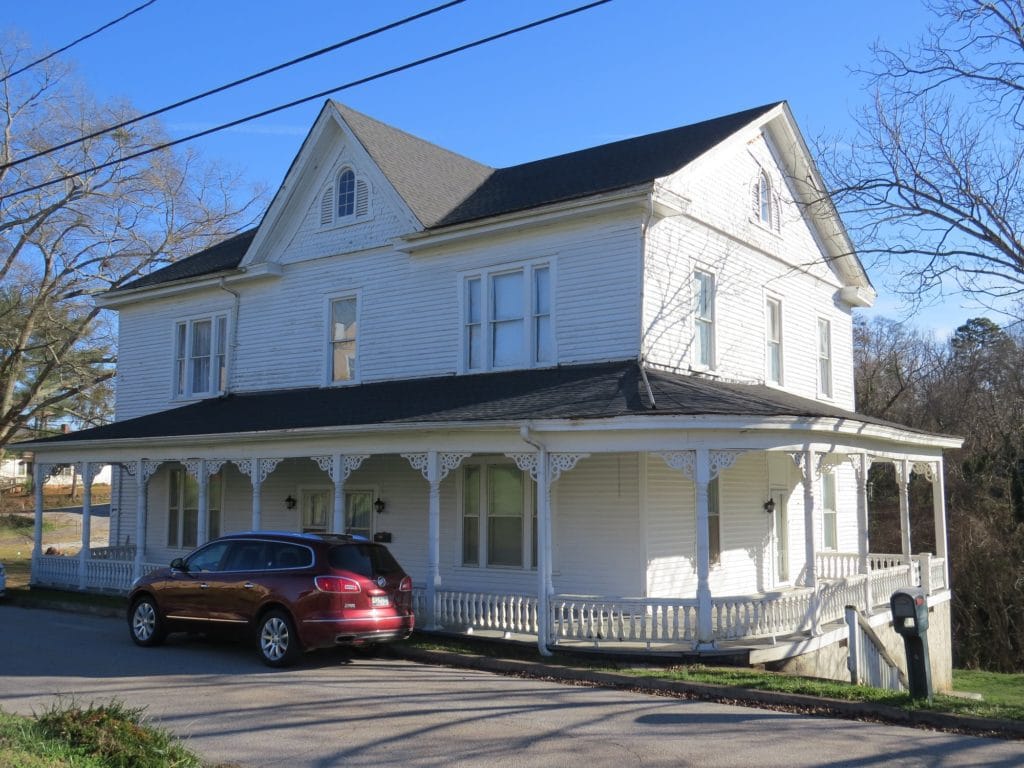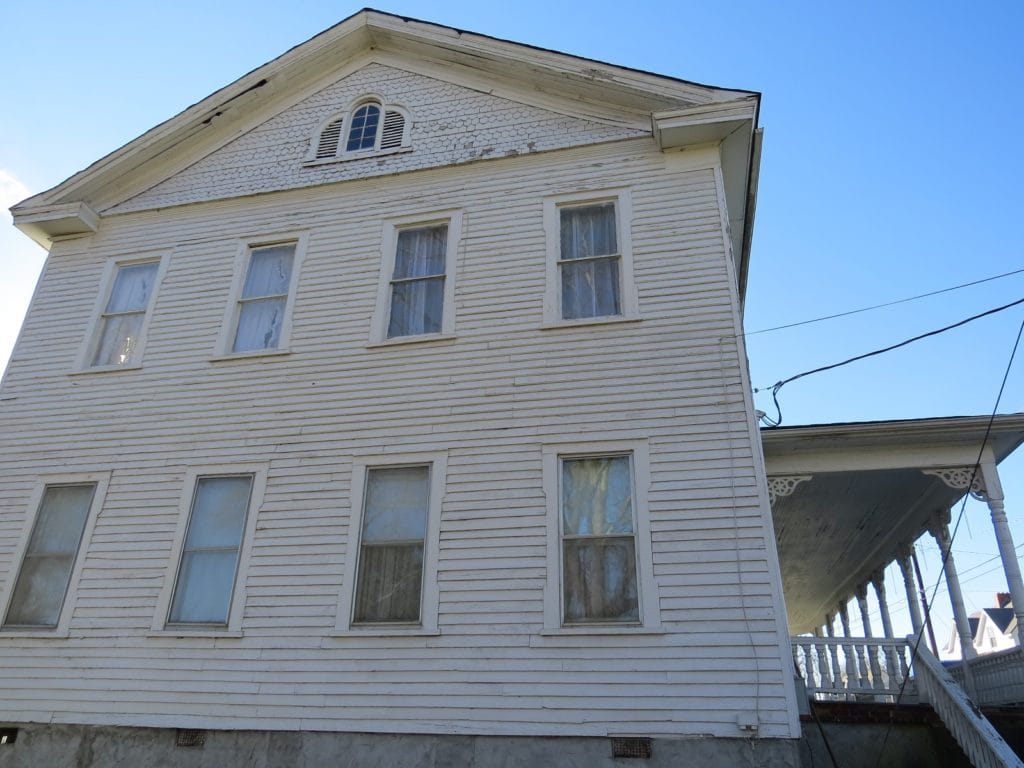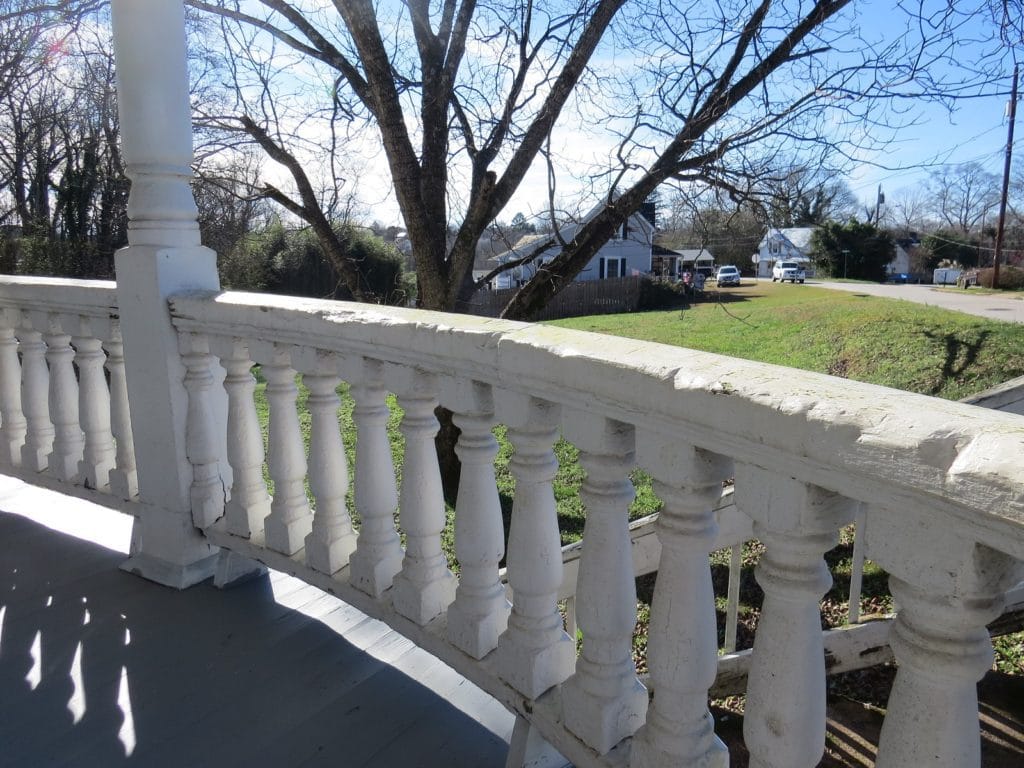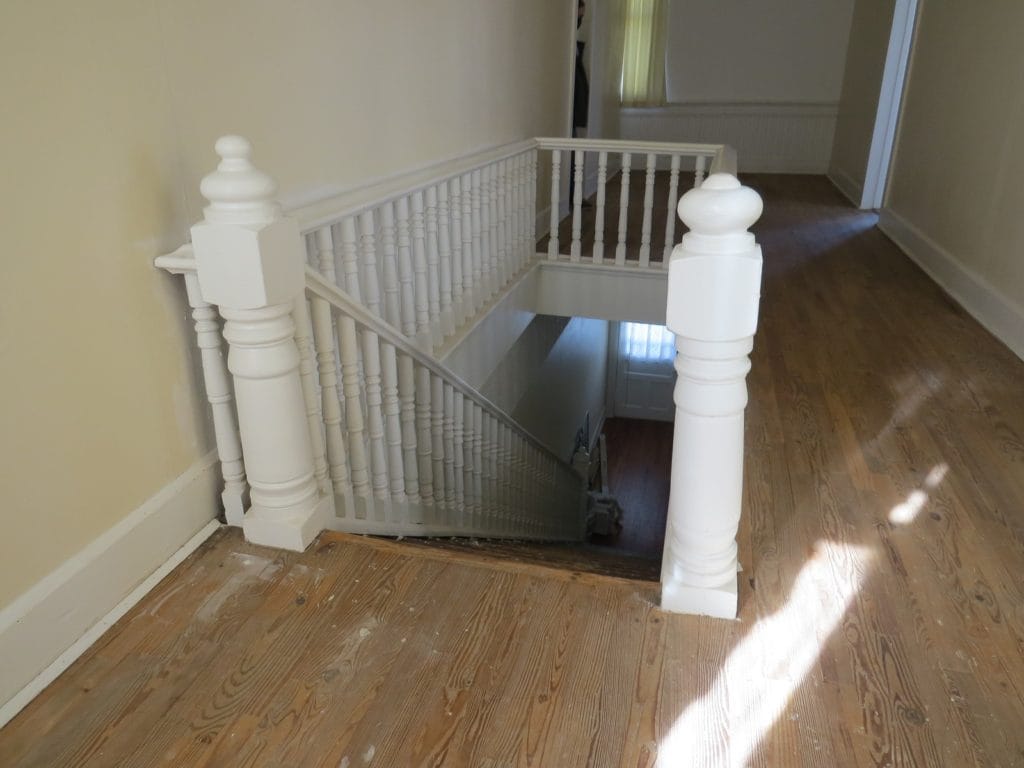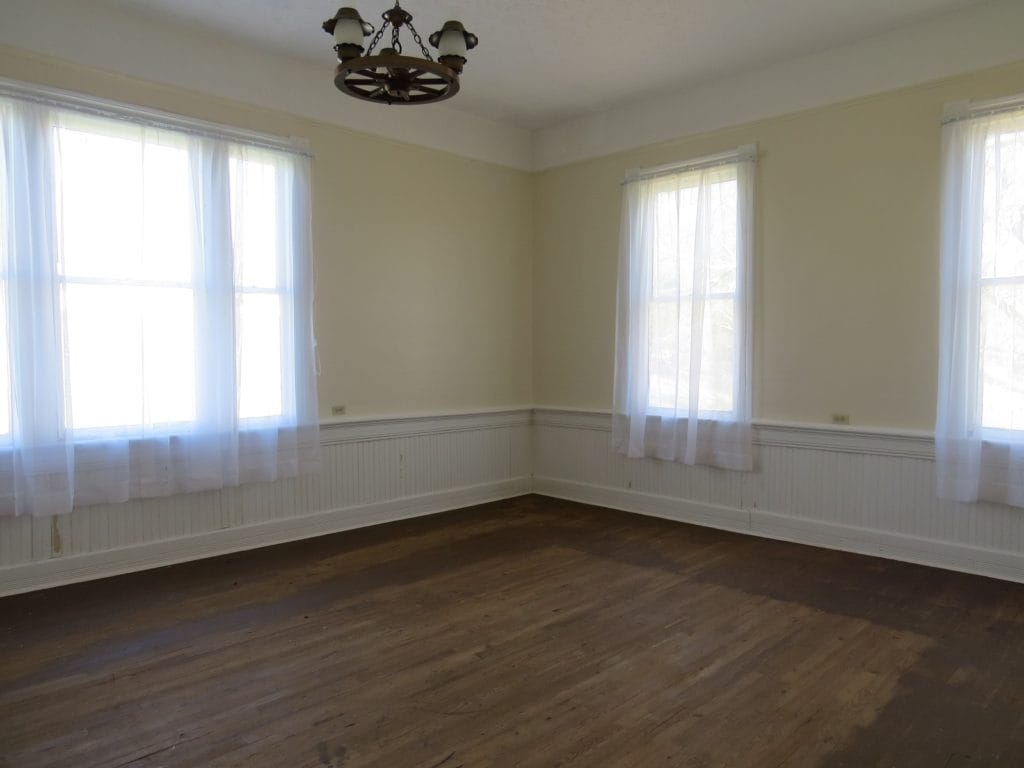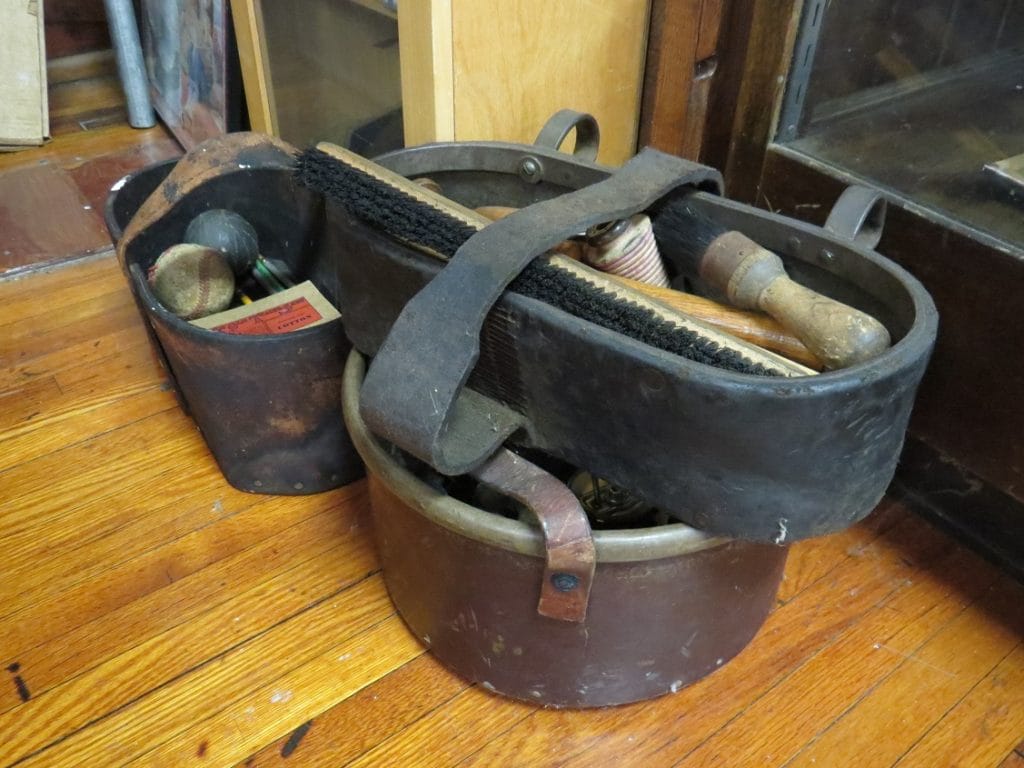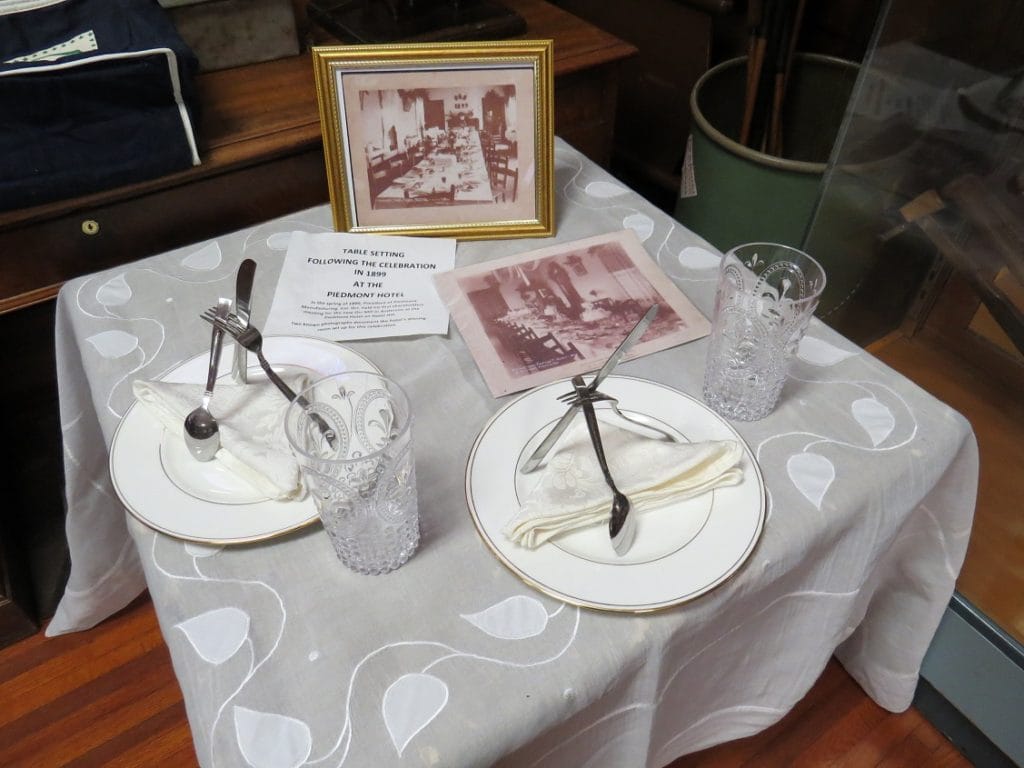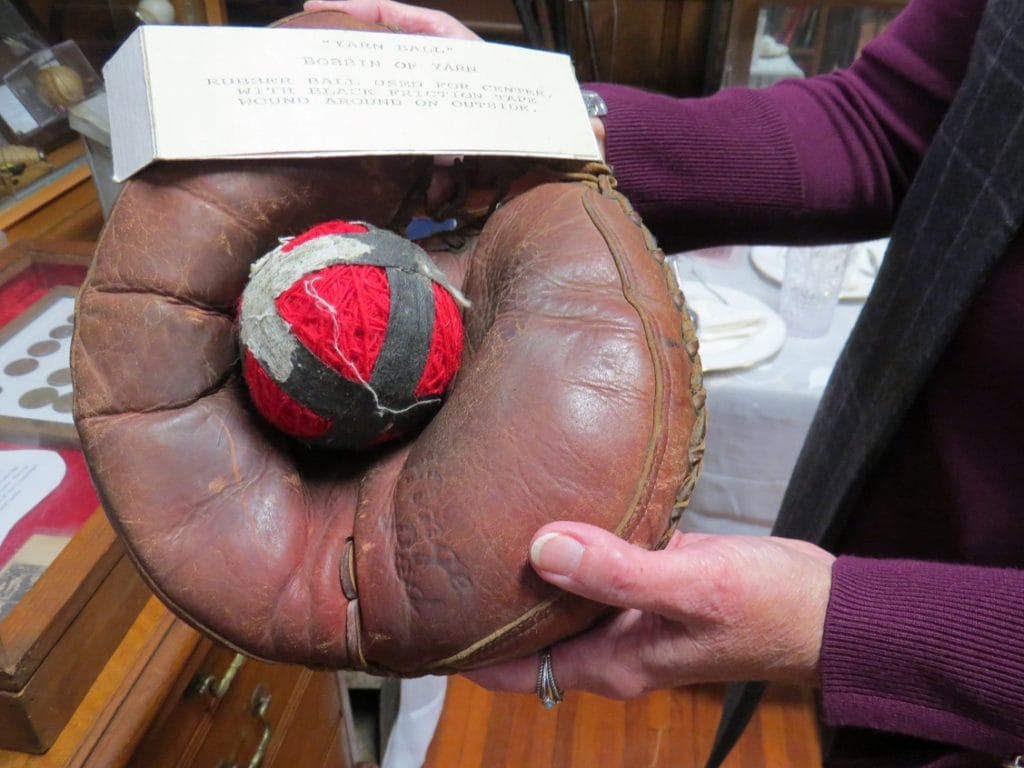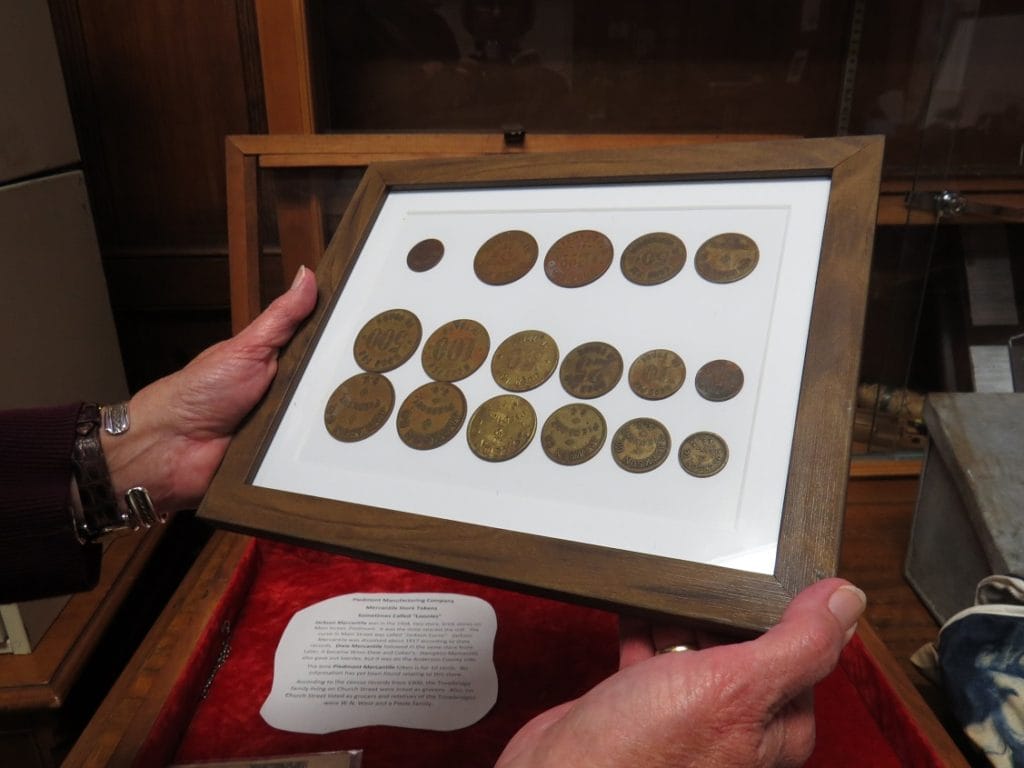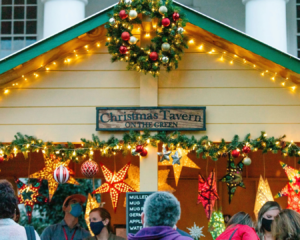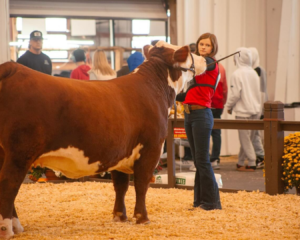It was built in 1908 by Piedmont Manufacturing Co. as a home for single women working in the mill. Almost 115 years later, the former Piedmont YWCA is set to house the artifacts of everyday life in the mill village as the new home of Piedmont History Museum.
The Piedmont Historical Preservation Society has raised funds from grants and private donations to purchase the historic structure at 3 Piedmont Avenue. By May, it hopes to move the Piedmont History Museum from a single room in the Piedmont Community Building into the 4,070-square-foot house.
“Everybody in Piedmont loves this place because they know that it was the YWCA and it’s such a beautiful building,” said Dr. Anne Peden, a member of the Piedmont Historical Preservation Society and the Greenville County Historic Preservation Commission. “This YWCA is going to be a big portion of the revitalization of Piedmont, and everybody is so excited that we’re going to be able to get it.”
Originally built on Main Street, the YWCA featured a kitchen, library and large sitting room downstairs and sleeping rooms upstairs. A foreword by A.S. Rowell in the Piedmont YWCA First Annual Report 1908-1909 speaks of the “beautiful and attractive YWCA building, with its cooking and sewing classes…its library, night schools and music classes, its sweetly solemn vesper service on the holy Sabbath, with numberless schemes for pure and hallowed social joys…”
The YWCA was moved to Piedmont Avenue around 1948 when the S.C. Highway 86 bridge was built across the Saluda River in Piedmont, and in 1950 was sold by J.P. Stevens & Co. to Andrew Scott for a private residence. It was purchased by James Oliver in 1954 and presently is owned by Oliver’s children.
“My Daddy loved this house,” said Darlene Oliver Peden, who grew up in the spacious home on Piedmont Avenue. “We tried to get him to sell it years ago and get a smaller one and he would not hear of it.”
Peden recalls many evenings spent with visitors on her home’s large wraparound porch.
“When I was dating, we sat on the porch a lot. And it was a place where a lot of young people would come sit on the porch and talk,” she said.
In addition to housing a growing Don Roper Collection, the much larger Piedmont History Museum will be available for use by community groups, scouting organizations and students studying the history of South Carolina and the textile industry. The museum will focus on textile life, including the mill village and the surrounding farms that produced cotton and the food that fed the mill workers.
“Every time the museum opens its doors – now once a week on Tuesdays – somebody brings us something or tells us a story that we can add to the historical knowledge of Piedmont,” Dr. Peden said. “We feel like our collection may be a one-and-only in South Carolina for textile heritage and textile information for the Greenville area and the Upstate. As far as we know, we are the only textile-focused museum in the state.”
Since last March, museum volunteers have been working to organize and archive information to make it easier for future researchers. Heading the project is Joe Hursey, archivist with the Smithsonian Institution’s National Museum of American History, who recently moved from Washington, DC to Moonville, SC.
South Carolina’s textile industry is represented at The Smithsonian through the Lockwood-Greene Records, Hursey said. Founded in 1832, Lockwood-Greene is the engineering firm that built Piedmont Manufacturing and many other mills across the Upstate.
“The Smithsonian has the architectural drawings and a little bit of the history of the buildings, but what they have here locally in their collections is vast details of day-to-day life at the mills – how they were built, what people were doing, photos.
“It’s incredibly valuable material because you have a lot of the industrial archaeology and the day-to-day of places such as textile mills and factories and how we developed our economy. Not only that, the mills here started part of the reconstruction after the Civil War and there’s a lot of valuable history on that –how this area was able to emerge after the war and grow.”
Piedmont is located along the Saluda River in Anderson and Greenville counties, 20 minutes south of downtown Greenville and 30 minutes north of downtown Anderson on Highway 86. Learn more by visiting PiedmontHistoricalPreservationSociety.org.

